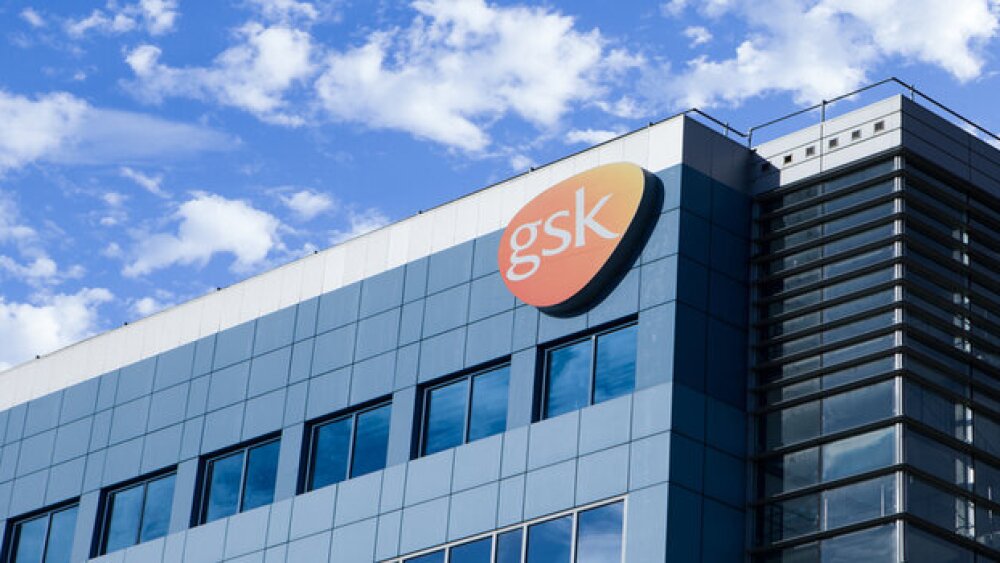The company is handing back a multivalent Shigella vaccine candidate to LimmaTech Biologics, which spun out in 2015 after GSK’s acquisition of GlycoVaxyn for $190 million.
Pictured: GSK headquarters office in Poland/iStock, Wirestock
GSK has licensed out its Shigella vaccine candidate to LimmaTech Biologics, giving the Swiss biotech rights to further develop and eventually commercialize the quadrivalent bioconjugate investigational vaccine, the companies announced Thursday.
LimmaTech is aiming to complete the Phase I/II clinical trial for this quadrivalent candidate and post data from this study within the year.
The investigational Shigella shot joined GSK’s portfolio in 2015, when the pharma giant bought Swiss vaccine specialist GlycoVaxyn for $190 million. Aside from shigellosis, the disease caused by Shigella bacteria, GlycoVaxyn also handed over early-stage vaccines for pneumonia and infectious conditions caused by Pseudomonas bacteria and Staphylococcus aureus.
LimmaTech spun out of this acquisition and started its operations in August of the same year. The clinical-stage biotech is focused on engineering complex carbohydrate molecules to come up with next-generation vaccine candidates. It has since signed partnerships with GSK for its Shigella and Klebsiella development programs.
The biotech’s approach to Shigella uses bioconjugate antigen-based vaccines. LimmaTech’s Shigella program includes a monovalent candidate, which yielded positive proof-of-concept data in a human challenge clinical trial, sparking the development of a multivalent vaccine candidate.
Both monovalent and multivalent candidates are being developed under a research collaboration agreement with GSK and with support from the Wellcome Trust.
“Based on the promising results of the monovalent version, we are looking forward to the data from the 4-valent form of the vaccine, which we expect in 2023,” Patricia Martin, LimmaTech’s managing director and vice president for clinical and regulatory affairs, said in a statement.
Positive safety and immunogenicity data from the multivalent shot will lead to later-stage trials to assess the efficacy of the investigational vaccine in children, as well as in travelers and military personnel bound for countries where Shigella is endemic.
Primarily transmitted via the fecal-oral route, shigellosis afflicts around 450,000 people in the U.S. every year, and between 80 million to 165 million worldwide. Of these infections, some 600,000 result in death, largely among children. In mild cases, shigellosis can be managed through supportive care, though patients with more severe infections are also given antibiotics.
However, drug resistance in Shigella bacteria is rapidly rising, according to a report by Healio News. The prevalence of extensively drug-resistant strains jumped from 0% in 2015 to 5% in 2022.
“It is now more than ever critical to have a vaccine against a pathogen that is increasingly becoming resistant to antibiotics and represents a high unmet need, especially in young children,” Martin said.
LimmaTech’s pipeline also includes vaccines designed to address antimicrobial resistant infections and sexually transmitted infections, such as gonorrhea.
Tristan Manalac is an independent science writer based in metro Manila, Philippines. He can be reached at tristan@tristanmanalac.com or tristan.manalac@biospace.com.






